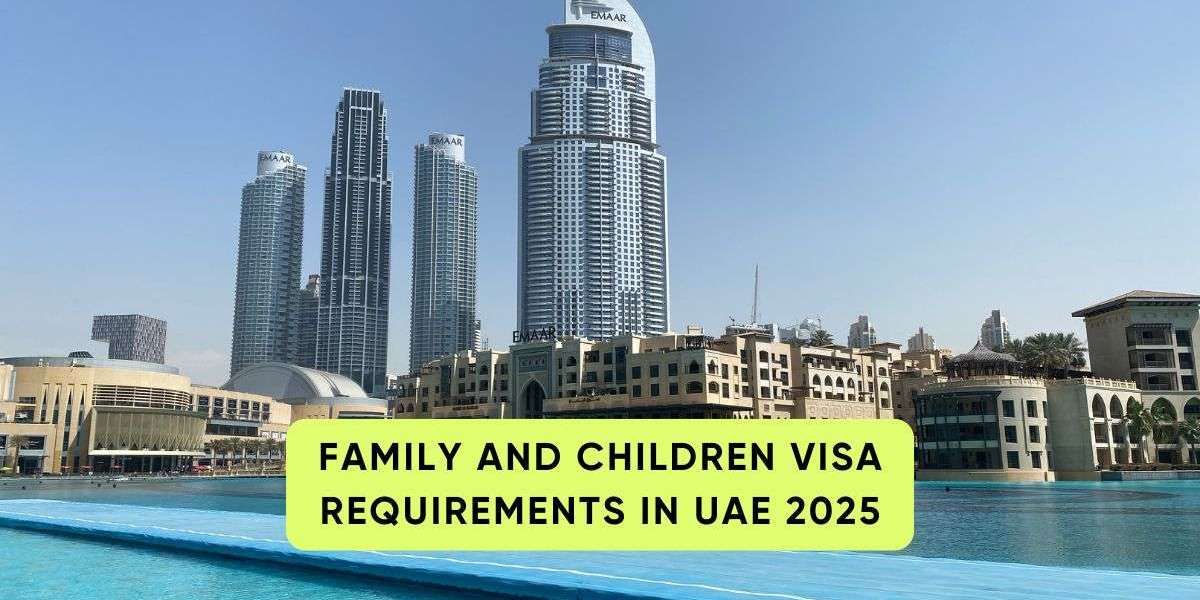Introduction
Filing for divorce or custody in New Jersey is a huge step—but what comes next? Many people are left wondering, "Now what?" The legal process can feel like a maze, especially when emotions are high and the paperwork keeps piling up. Don’t worry—we’ve got you covered. This guide, straight from the experience of Family Law Attorney New Jersey, breaks down what happens after you file, step by step.
Filing for Divorce or Custody in New Jersey: The Basics
Where to File and What You’ll Need
All family law matters—like divorce, custody, and child support—start with filing a complaint in the Family Division of your county’s Superior Court. You’ll need:
- A completed complaint form (divorce, custody, etc.)
- A case information statement (especially for divorce)
Grounds for Divorce or Family Action
New Jersey allows for "no-fault" divorce based on irreconcilable differences or "fault-based" divorce (like adultery or cruelty). In custody or support cases, you just need to show that legal intervention is needed.
Emergency Motions and Temporary Relief
If you need immediate help with custody, visitation, or financial support, you can file for pendente lite relief—temporary orders while the case is pending. These motions are typically heard within days or weeks.
Step-by-Step Timeline After Filing
Step 1: Serving the Other Party
After you file, you have to serve the papers to your spouse or the other parent. This can be done through a process server or sheriff. They must respond within 35 days in most cases.
Step 2: Waiting for a Response
The other party can either file an answer, a counterclaim, or request more time. If they ignore it completely, you may request a default judgment—but the court may still require a hearing.
Step 3: Case Management Conference (CMC)
Once everyone has responded, the court sets a Case Management Conference to schedule deadlines and discuss whether mediation or evaluations are needed. This meeting sets the tone for the rest of the case.
Step 4: Discovery Phase
This is where both sides exchange information. Think:
- Financial statements
- Tax returns
- Pay stubs
- Parenting plans
This phase is crucial for building your case, especially in contested divorces.
Step 5: Settlement Conferences and Mediation
Before you go to trial, New Jersey courts encourage settlement. This could be through:
- Early Settlement Panels (ESP)
- Economic Mediation
- Custody Mediation
Step 6: Trial Preparation (If Necessary)
If settlement fails, your lawyer (or you, if self-represented) will prepare for trial. This includes:
- Submitting witness lists
- Exhibits
- Trial briefs
Step 7: Final Hearing or Trial
The final stage is a court hearing or full-blown trial. A judge makes the final decision on unresolved issues. Afterward, you’ll receive a Family Law Attorney New Jersey or Custody Order.
How Long Does the Process Take in New Jersey?
Fast-Tracked vs. Contested Cases
Uncontested cases may be resolved in 3–5 months. But if you go to trial? It can take 12–24 months, or even longer, especially in complex custody or high-asset cases.
Factors That Slow Things Down
- Delays in serving papers
- Incomplete disclosures
- Ongoing arguments over custody or finances
- Scheduling conflicts with experts or the court
Conclusion
Filing your case is just the first step in a much bigger journey through the Family Law Attorney New Jersey court system. It can be overwhelming, but understanding each phase helps you prepare—and stay in control. Whether you’re going through a divorce, custody battle, or child support dispute, being proactive and informed is half the battle. And if you’re unsure about anything? Don’t hesitate to speak with a family law attorney who knows the ropes.



